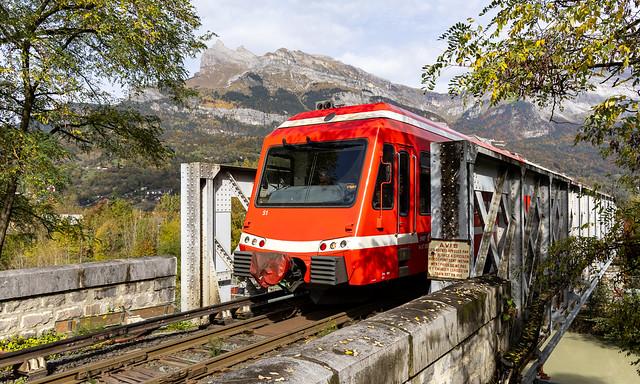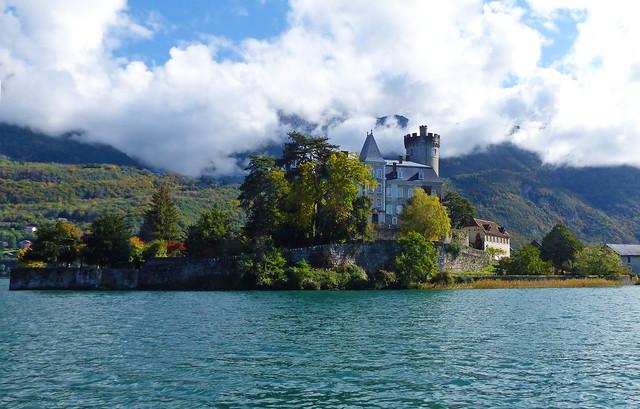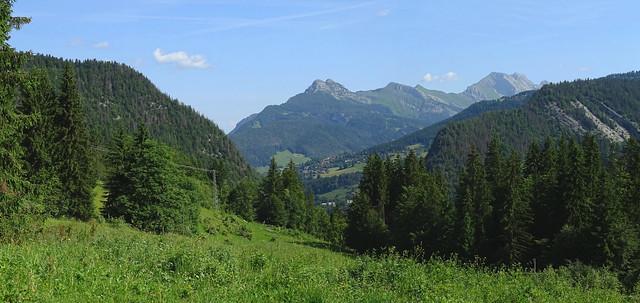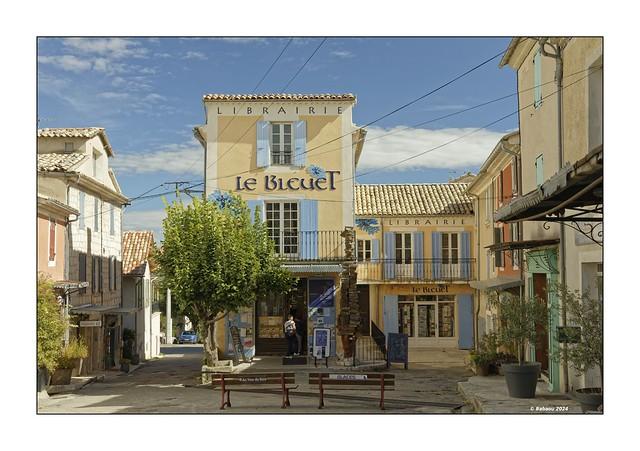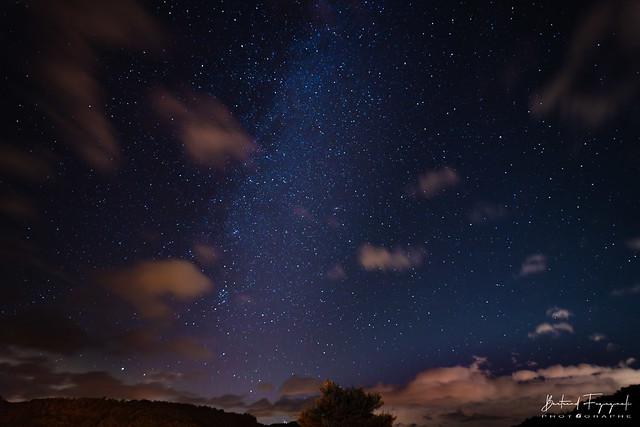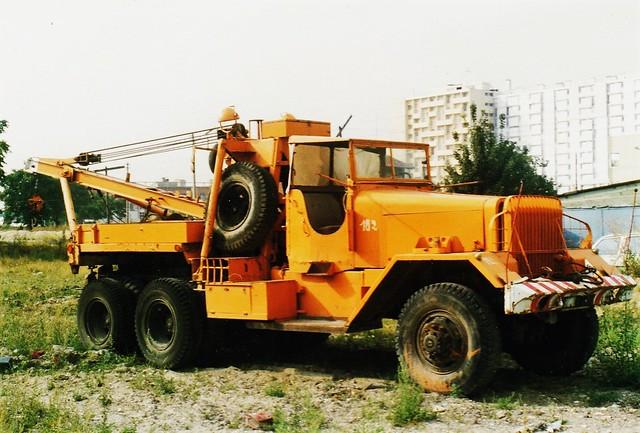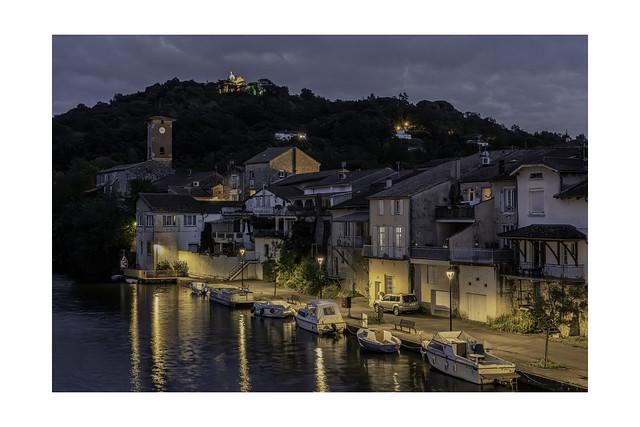Haute-Savoie
Overview
Overview of Haute-Savoie, France
Haute-Savoie is a picturesque department located in the Auvergne-Rhône-Alpes region of eastern France, bordering both Switzerland and Italy. Known for its breathtaking Alpine scenery, the area is a cultural blend of French sophistication and rustic charm. The region's uniqueness lies in its stunning natural landscapes, from the majestic Mont Blanc, the highest peak in Western Europe, to the serene beauty of Lake Annecy, often referred to as the "Venice of the Alps" due to its idyllic canals and colorful old town. Haute-Savoie is also celebrated for its rich culinary traditions, including famous dishes like fondue, raclette, and tartiflette, made with locally produced cheeses.
Tourism, Weather, and Activities
The high season for tourism in Haute-Savoie spans from December to March for winter sports enthusiasts and June to September for summer adventurers. During the winter months, the region transforms into a winter wonderland, offering world-class skiing, snowboarding, and other snow-related activities across various resorts like Chamonix and Morzine. The weather can be quite cold, with temperatures often dipping below freezing. Conversely, summers are mild and pleasant, perfect for hiking, mountain biking, paragliding, and exploring the natural parks. The beautiful weather during this season allows for clear views of the stunning landscapes and makes activities like swimming in Lake Annecy extremely enjoyable.
Preparation for Travel
Before visiting Haute-Savoie, it's essential for travelers, especially teenagers, to prepare adequately to ensure a smooth and enjoyable experience. Firstly, check the passport and visa requirements; while many travelers from within the EU won't need a visa, those from outside may require one. It's also advisable to have travel insurance that covers outdoor activities, given the nature of the adventures available. Packing is dependent on the season; warm, waterproof clothing is a must for winter, while lighter attire suits the summer months. Learning a few basic phrases in French can be incredibly helpful, as it will not only enrich the interaction with locals but also assist in navigating the region more effectively. Lastly, planning the itinerary in advance and making reservations for accommodations and activities can help avoid last-minute hassles, especially during peak season.
How It Becomes to This
History not available

You May Like
Explore other interesting states in France


